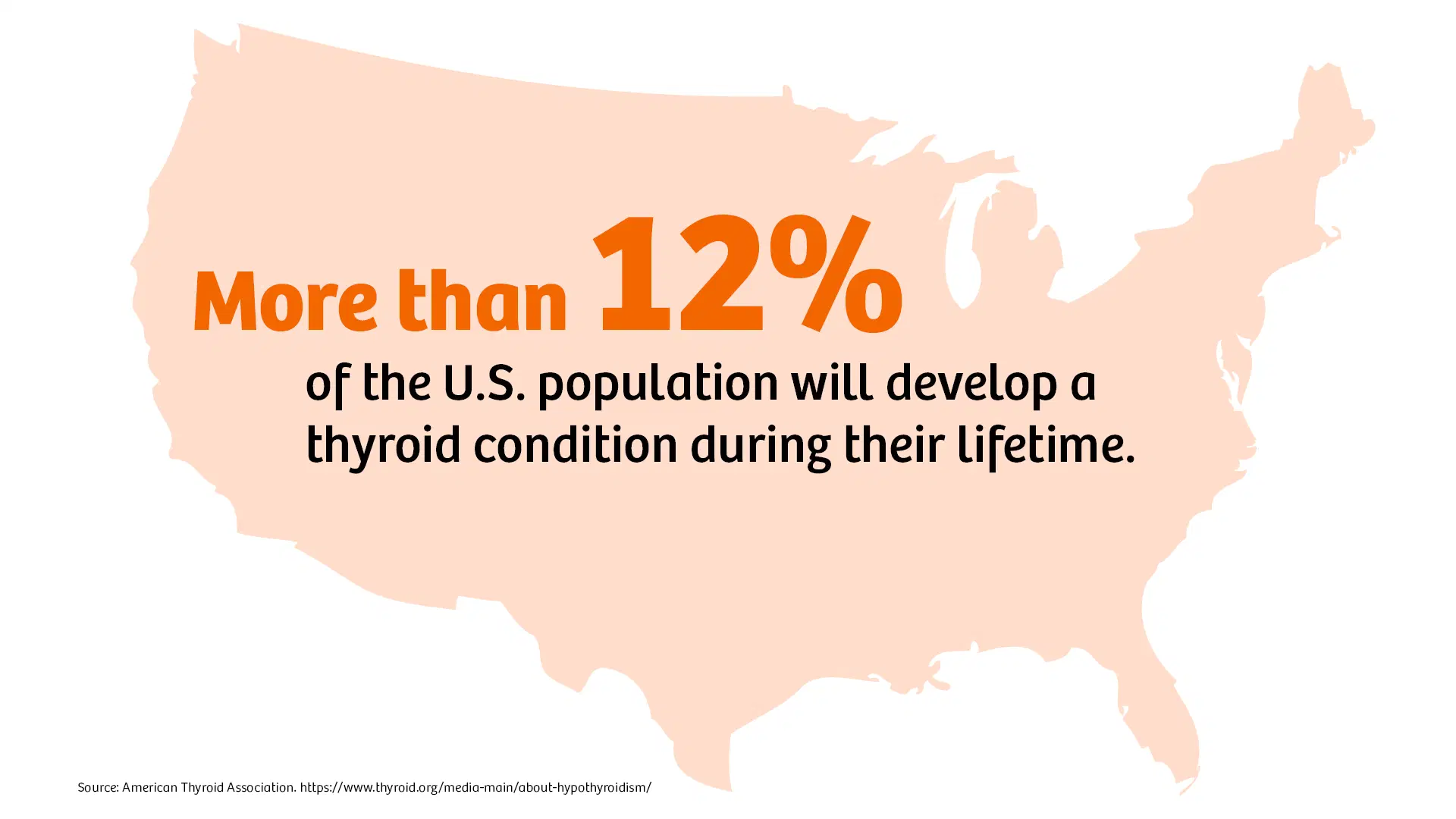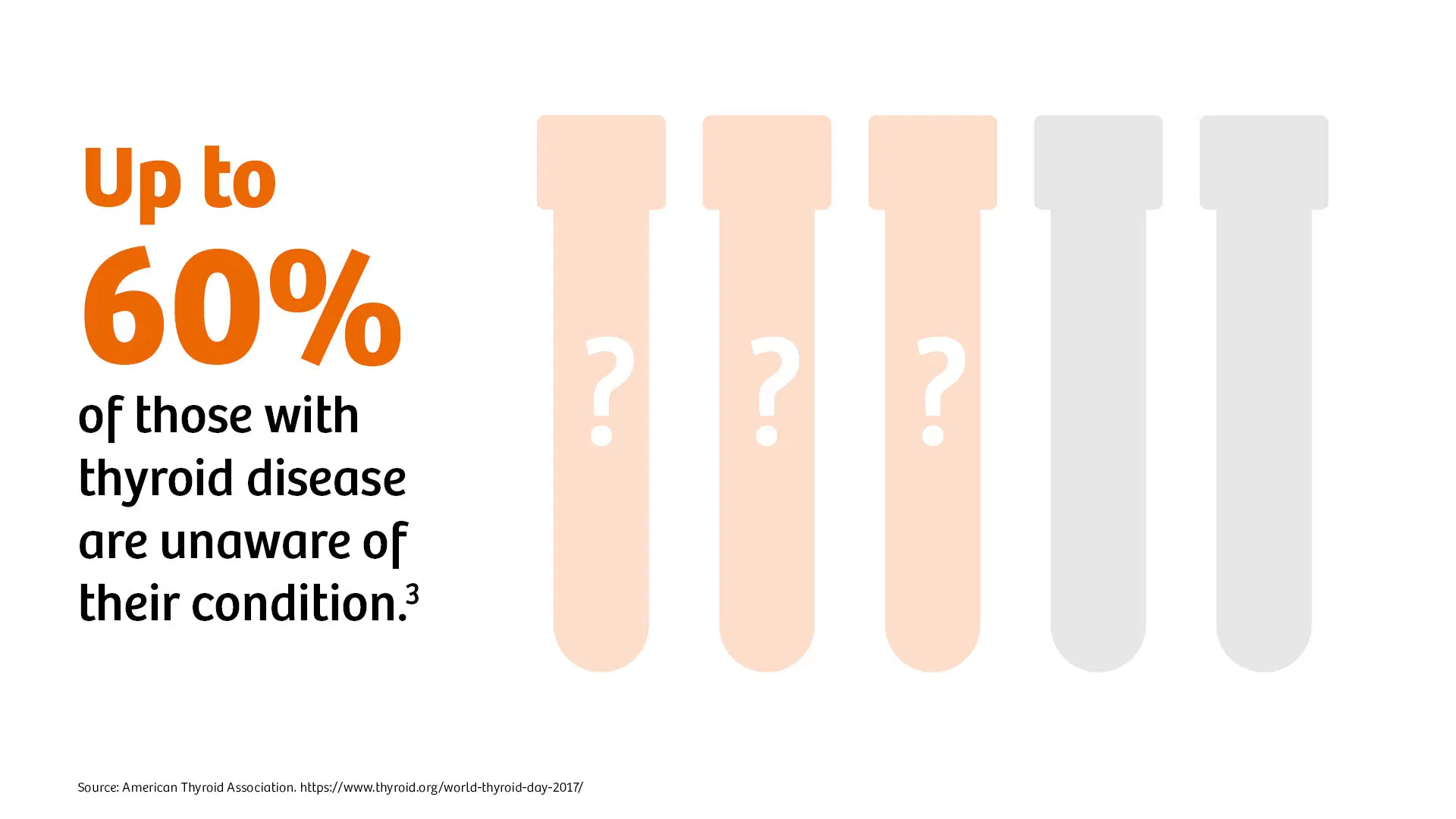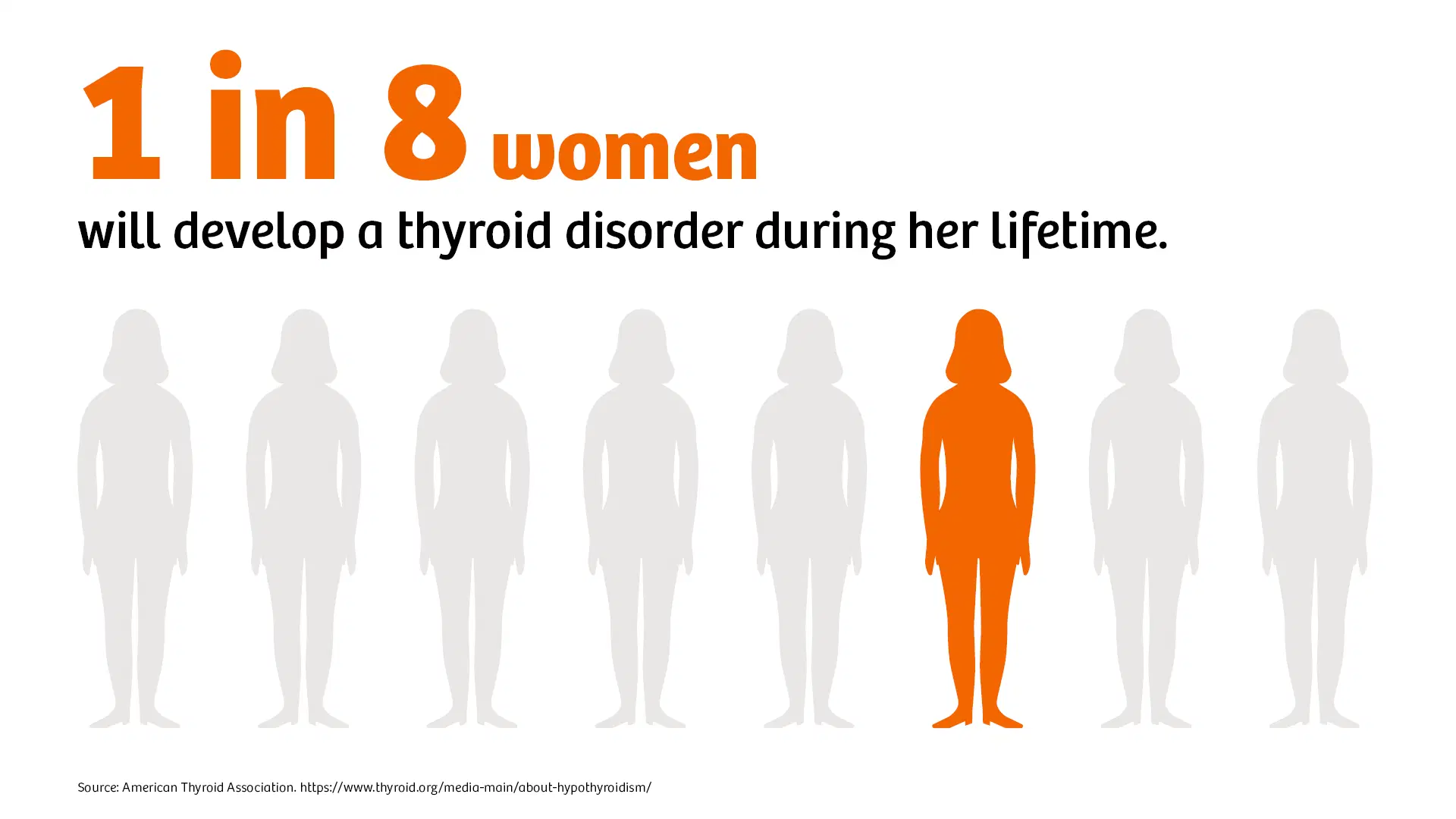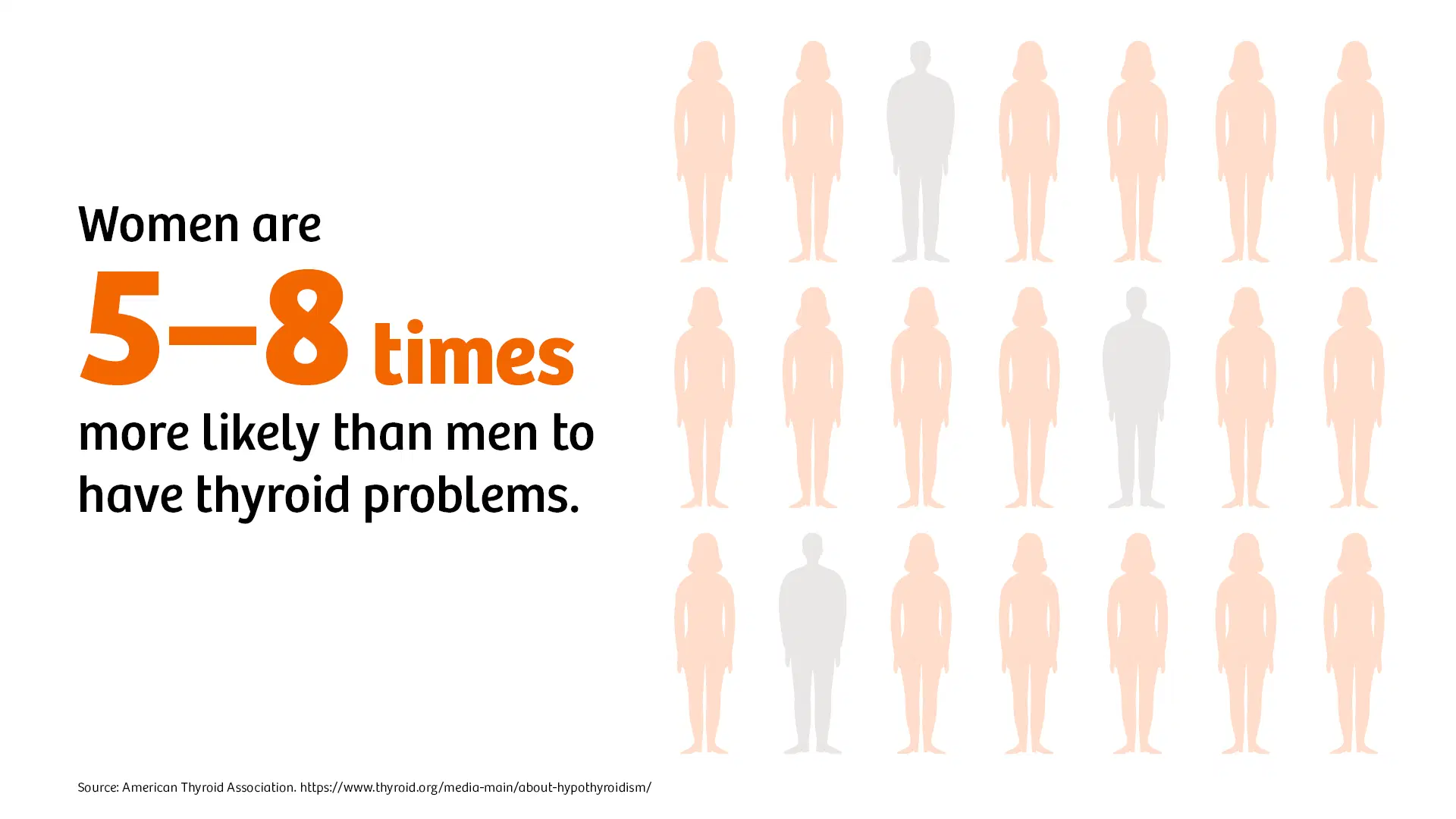January is Thyroid Awareness Month
- Pate Complete Healthcare
- Jan 8, 2024
- 3 min read
Updated: Jan 21, 2024
Thyroid issues are a common issue in primary care. I will review two of the most common issues that I am seeing in primary care. The first is hypothyroidism and the second is thyroid nodules. Here are some facts about thyroid conditions.
How does the thyroid work?
The thyroid is controlled by what is called a negative feedback loop. This is a very complex process but I will try to simplify it. The brain stimulates the thyroid stimulating hormone (TSH) in the pituitary gland and sends this hormone to the thyroid gland. The TSH tells the thyroid gland how much T3 and T4 to send to the body. The hormones T3 and T4 help your body's metabolism. Ideally, we want our metabolism to be regulated and normal but if it is too slow, the thyroid is not creating enough thyroid hormone (hypothyroidism) or it is too fast because the thyroid is producing too much thyroid hormones (hyperthyroidism). Here is a video on how the thyroid runs your metabolism.
Depending on how much T3 and T4 is being required, it sends a message back up to the brain to adjust the amount of the TSH that is being sent to the thyroid to adjust the amount of T3 and T4 that is being produced. These are the labs that are checked at the doctor's office to see how your thyroid is being regulated. Most healthcare providers check the TSH only or the TSH and the T4 because this gives them the best idea of how regulated your body is.
Hypothyroidism
Hypothyroidism is very common in primary care. Many people have a primary reason for having an underactive thyroid. Other people have a secondary hypothyroidism that is caused by an autoimmune disorder, like Hashimoto's disease.
Many people know that thyroid problems CAN lead to weight gain and fatigue. This is true but more often than not, people's weight issues are not related to their thyroid, even if they are underactive. Here is an overview of the differences in symptoms of hyper and hypothyroidism. Not every person has every symptom. This is just an overview.
Hypothyroidism | Hyperthyroidism | |
Weight | Gain | Loss |
Intolerance | Cold | Heat |
Skin | Coarse | Fine |
Hair | Dry | Moist |
Mental | Depressed | Anxious |
Heart | Bradycardia | Tachycardia (Tachyarrhythmia, ex Atrial Fibrillation) |
Muscle | Weak | Weak |
Reflexes | Diminished | |
Fatigue | Yes | Yes |
Menstrual changes | Yes | Yes |
Thyroid Nodules
When a primary care provider does a yearly exam on you, they should be feeling your thyroid gland on your neck and feeling if you have an enlargement. This could be a diffuse enlargement (Goiter) or a bump on one of the lobes of your thyroid (Nodule). Goiters and nodules are sometimes linked to hyperthyroidism. If you are found to have an enlargement or nodule of your thyroid, an ultrasound will be ordered to get a better measurement of the enlargement. Depending on the size of the nodule and the number of nodules you have, there are national guidelines on how often to follow up on the nodule with an ultrasound and whether or not a biopsy should be taken.
Hyperthyroidism
Hypothyroidism is more common in primary care than hyperthyroidism. Hyperthyroidism is an overacting thyroid. It is important for healthcare providers to be aware of. Hyperthyroidism is treated with an iodine treatment when it is bad. This treatment leads to the thyroid being underactive which leads to hypothyroidism. This is another reason why hypothyroidism is so common in primary care.
Thyroid issues are very common in primary care and are generally easily regulated by your primary care provider. If you have any questions about the information presented or thyroid issues in general, let me know.






Comments